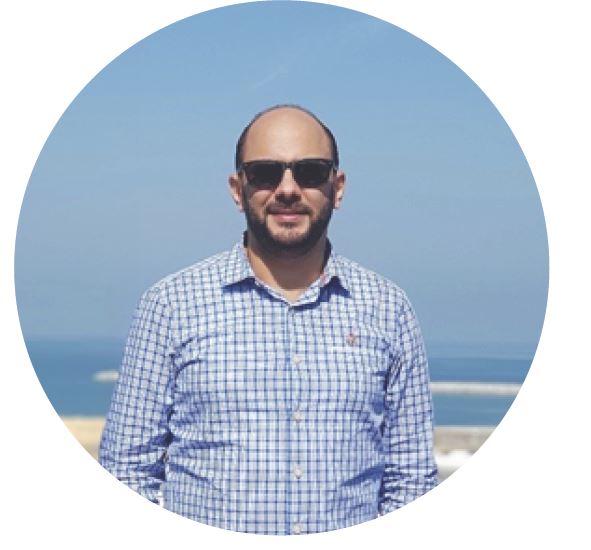 Mohamed Moustafa Tahon, WHO fellow in the Health Emergencies Programme, Health emergency information and risk assessment, 20 October 2019–20 June 2020
Mohamed Moustafa Tahon, WHO fellow in the Health Emergencies Programme, Health emergency information and risk assessment, 20 October 2019–20 June 2020
I am an Egyptian medical doctor from with a master degree of Public Health (majoring Epidemiology) from the High Institute of Public Health (Alexandria University) and currently a PhD candidate at the same Institute.
What inspired you to come to work everyday?
Duties and tasks given, besides the various learning opportunities that I have been engaged into. Moreover, my colleagues in the unit who provided the needed support, warmly welcomed me and made me feel at home.
What are your future goals?
I will finish my PhD, and then will search for opportunities to work with the WHO either in headquarters, one of the regional offices or country offices. Since I joined the public health field, this has always been my dream workplace and I am pretty sure after the fellowship experience I am getting there.
What were your major contributions during the fellowship?
My contributions are divided into before and after COVID-19 pandemic. Before the pandemic, I worked mainly on developing the regional surveillance strategy, and deployment of the media scanning tool, Epidemic Intelligence from Open Sources (EIOS), into Egypt and Oman. After the COVID-19 pandemic, I was part of the Health information/Surveillance Pillar of the Incident Management Support Team (IMST). As part of this team, I have been responsible for developing daily and weekly epi-curves, both regional and country specific, I participated in 14 weekly deep dive analysis, including the risk factor analysis for ventilation among COVID-19 cases. I also conducted country specific deep dive analysis for 6 countries (Egypt, Iraq, Jordan, Lebanon, Libya and Oman). Moreover, I participated with the rapid response team and outbreak investigation team, belonging to the Health Operations and Technical Expertise Pillar of IMST, in the training webinar series “Strengthening capacities of rapid response teams for COVID-19 in Member States of the Region”.
What is your takeaway from this fellowship?
If you want to keep developing yourself, always be ready to learn from everyday activities. There is always something new to learn and no matter how high your qualifications and experience are, still there are lots of areas to explore.
What were your fun experiences outside the office in Cairo?
Outing with my flat mate fellows was really amazing. We enjoyed going to the cinema and having dinner together several times. Also, when my health information management colleagues introduced me to one of the best shawerma restaurants in Cairo, I really enjoyed it so much.
Any tips and suggestions for future fellows?
There is always a learning opportunity in each situation, so make the best use of your time.


